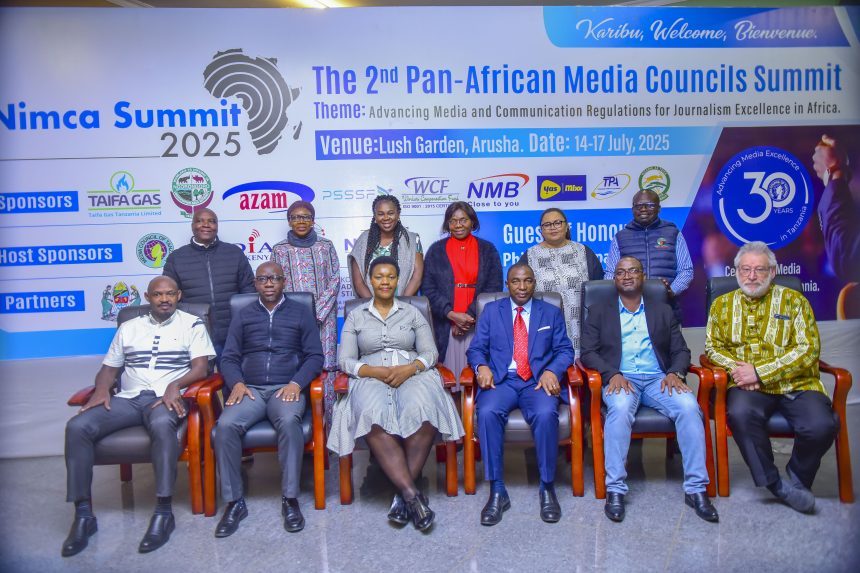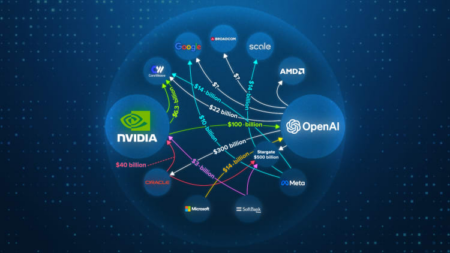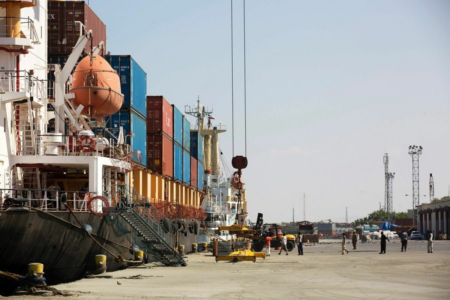2025 Pan-African Media Councils Summit welcomed regional leaders, media councils, and communications regulators to confront the continent’s growing crisis of disinformation, misinformation, and hate speech.
It underscored digital literacy as the top strategic priority for Africa’s media ecosystem.
Why Digital Literacy Matters Now More Than Ever
As digital platforms and social media reshape how information is produced and consumed, Africa faces an alarming surge in fake news, manipulated narratives, and online extremism.
The summit emphasized digital literacy as an urgent intervention to protect democratic processes, journalistic integrity, and public health.
The Consequences of Low Digital Literacy
- Election Disruption: Disinformation campaigns during Nigeria’s 2023 elections intensified political instability and voter confusion.
- Health Misinformation: False vaccine claims shared via WhatsApp contributed to Africa’s low COVID-19 vaccination rates.
- Journalist Harassment: 70% of African journalists reportedly faced cyber-harassment linked to coordinated disinformation efforts.

A Collaborative Framework for Digital Empowerment
Stakeholders agreed that only a multi-sector, continent-wide approach could overcome these challenges. Key players include:
National Media Councils
- Launch journalist training in digital fact-checking and online verification.
- Form partnerships with tech platforms to curb the spread of fake news.
- Expand outreach campaigns to educate the public on media manipulation.
Communications Regulators
- Demand accountability from tech giants like Meta and Google.
- Promote local public-interest content to counteract harmful narratives.
- Support legal reforms that balance free speech and responsible media conduct.
Schools and Educational Institutions
- Integrate digital literacy into national curricula.
- Provide teacher training to guide responsible online behavior.
- Run youth campaigns that cultivate critical thinking and media discernment.

Data That Drives Action
Recent studies reveal the urgency:
| Source | Key Insight |
|---|---|
| WEF (2024) | High media literacy = higher trust and lower misinformation (e.g., Finland) |
| UNESCO (Africa) | Only 18% of internet users critically evaluate online content |
| Pew Research (2023) | 64% of internet users encounter fake news—Africa is especially vulnerable |
Key Highlights from NIMCA AGM
During the summit, the Network of Independent Media Councils in Africa (NIMCA) launched a strategic roadmap to strengthen media integrity:
- Leadership: New regional representatives from East, West, and Southern Africa.
- Programmes: Ethical media regulation, digital governance aligned with UNESCO guidelines, and pan-African digital literacy campaigns.
Somalia’s Growing Media Presence
The Media Council of Somalia played an active role in summit discussions, signaling Somalia’s growing commitment to free, ethical media and regional collaboration.
Building a Resilient Digital Ecosystem
The call to action is clear:
- Invest in education, tools, and outreach
- Hold platforms accountable
- Collaborate across sectors
Africa’s digital future hinges on the urgent rollout of inclusive and effective digital media literacy programs.
By uniting media councils, regulators, educators, and tech companies, the continent can defend its democratic values, reinforce social trust, and empower its digital citizens.
Learn more:








